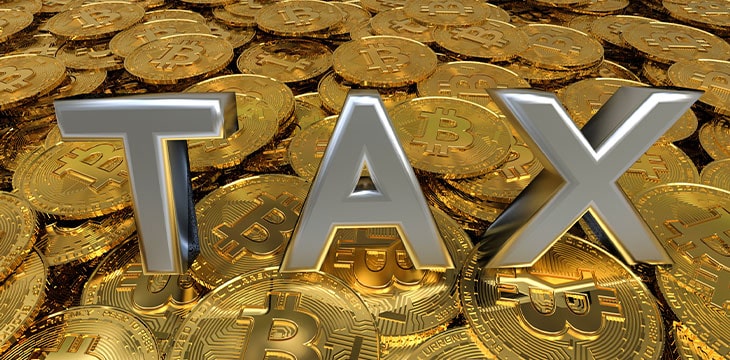|
Getting your Trinity Audio player ready...
|
India is set to impose a 28% Goods and Service Tax (GST) on digital currency transactions, sources familiar with the matter have revealed. The move comes barely a month since the country imposed a 30% tax on personal income from digital asset trading.
India’s Goods and Services Tax Council is reportedly at an advanced stage with the new tax, sources told local outlet CNBC-TV18. The tax proposal is currently at the hands of the Council’s law committee for consideration. And while the date for the next council meeting has yet to be decided, the backend processes that pave the way for the proposal have already started, the sources revealed.
The GST Council has determined that all digital asset exchanges in India act as intermediaries, which offer services, and as such, they should be included in the GST slab as all other similar services are. In India, the GST tax is an indirect tax paid on all goods and services. If the proposed tax regime is imposed, it will put digital asset trading on par with gambling which also attracts a 28% GST tax, giving an insight into how the government perceives digital currency investments.
Already, India’s digital asset traders pay a 30% income tax. This tax came into effect on April 1 after being included in the 2022-23 budget.
Some experts believe that the proposed tax will be a nail in the coffin of digital asset trading in India, which is already under immense taxation.
Ankur Gupta, a practice leader in charge of indirect taxes at accounting firm SW India told CNBC-TV18 said that “…the imposition of 28 percent GST and 30 percent direct tax, would surely bleed out the majority of the profits which people have earned over a period of time when these cryptos are materialised.”
Others like PricewaterhouseCoopers partner Pratik Jain decried the lack of consultations with industry stakeholders before making such an impactful move. He believes that key stakeholders, including digital asset exchanges and industry bodies, should have been involved in the deliberations before the move was made.
The digital asset industry had at first welcomed taxation. After all, just months prior, the government had said it would ban digital assets altogether, and so taxation seemed like the government signaling that it was legally recognizing the sector. However, in time, Indian traders realized that these taxes could be as catastrophic, as BlockReview founder Kumaraguru Ramanujam told CoinGeek recently.
“People were primarily relieved because they probably felt good thinking the government didn’t outrightly ban digital currencies, but the reality is now sinking in for traders because the declared tax percentage on all virtual digital assets (VDA) is quite stringent,” he stated.
As one financial advisor summed it up, “Crypto is dying a slow death in India.”
Watch: CoinGeek New York presentation, Increasing Footprints of BSV Blockchain in Middle East & South Asia

 03-01-2026
03-01-2026 




